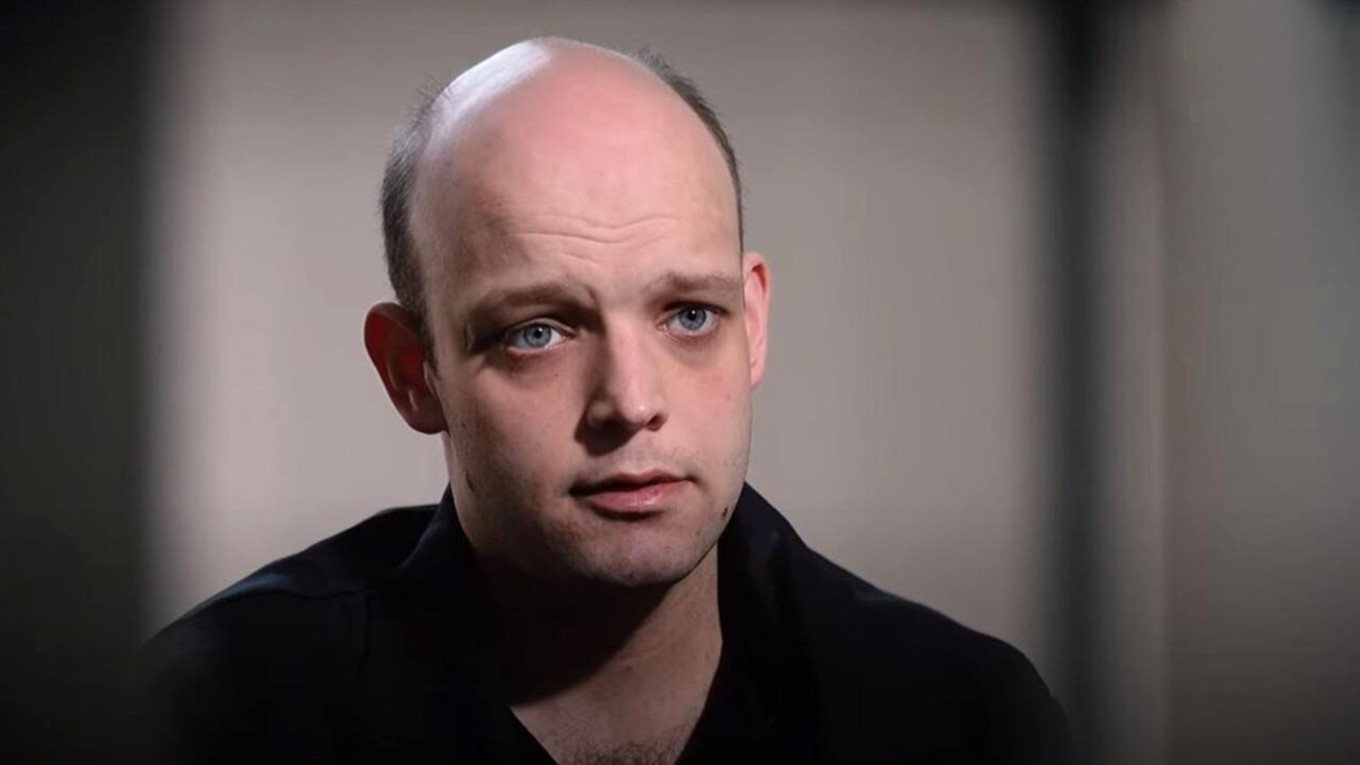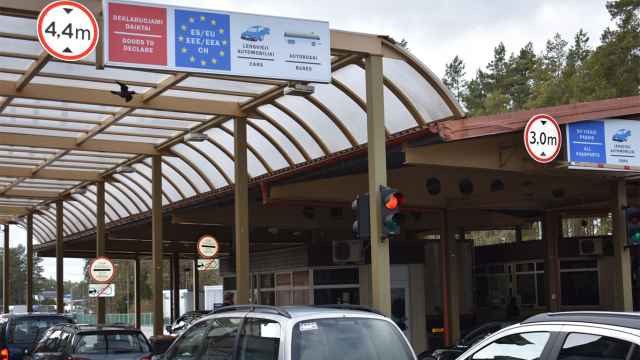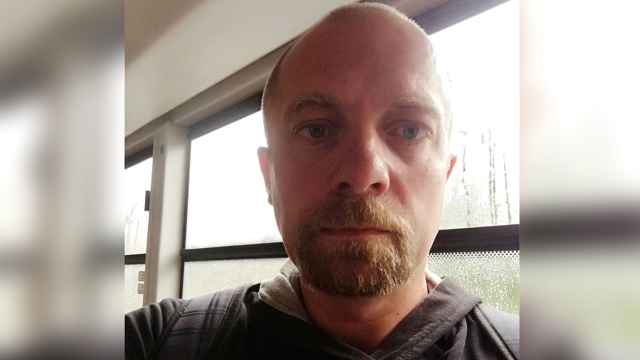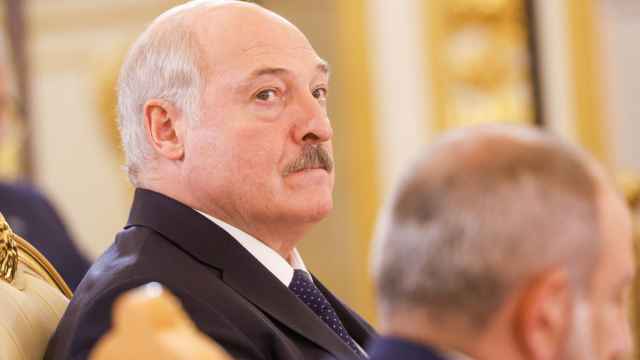Belarusian President Alexander Lukashenko on Tuesday decided to pardon a German man facing the death penalty, the country's state news agency reported.
Lukashenko "took the decision to pardon the German citizen Rico Krieger... taking into account all the circumstances," Belta news agency reported, citing the president's press service.
Krieger, 30, was shown on Belarusian public television last week, saying "I really hope that President Lukashenko will forgive me and pardon me," according to a statement quoted by the Russian news agency TASS.
Krieger was convicted on six criminal counts including terrorism in a secret trial held in late June.
He appeared on the state broadcaster Belarus-1 last week where he detailed some of the crimes he was accused of having committed and expressed hope that Lukashenko would pardon him.
It was not clear whether Krieger was speaking under duress, but authorities in Berlin condemned the Belarusian government for “parading” him in public and said that it “fundamentally reject[s] the death penalty under all circumstances.”
Lukashenko on Tuesday met with the head of Belarus’ KGB security service, Krieger’s lawyer and the investigator overseeing his case to consider whether to pardon the German national, according to the state news agency Belta.
“Whether he appeals or doesn’t appeal [for a pardon], I’ve already said the most difficult thing in the fate of the president is such cases involving the exceptional measure of punishment,” Lukashenko was quoted as saying.
The lead investigator, deputy KGB chief Alexander Grib, told Belta later that Krieger had “filed a petition for a pardon to the president.”
Lawyer Vladimir Gorbach said he was “counting on the president to perform an act of humanism” toward Krieger following a “frank” meeting, Belta reported.
Belarus is a close ally of Moscow, which is currently in negotiations with the United States about a potential prisoner exchange involving American citizens jailed in Russia. Other Western countries, including Germany, may also be involved in the talks.
President Vladimir Putin previously indicated that he is interested in returning Vadim Krasikov, a Russian national serving a life sentence for murder in Germany.
In last week’s television interview, Krieger said he was asked by Ukraine to photograph military sites in Belarus, adding that he placed an explosive device on a railroad near the capital Minsk.
"I deeply regret what I did and I am relieved that there were no victims," he said, accusing the German government of “abandoning” him.
According to a LinkedIn profile that the Viasna Human Rights Center said belonged to Krieger, he worked as a medic for the German Red Cross and was previously employed as an armed security officer for the U.S. Embassy in Berlin.
Belarus is reported to have executed as many as 400 people since it gained independence from the Soviet Union in 1991, according to Amnesty International, but executions of foreign citizens are rare.
AFP contributed reporting.
A Message from The Moscow Times:
Dear readers,
We are facing unprecedented challenges. Russia's Prosecutor General's Office has designated The Moscow Times as an "undesirable" organization, criminalizing our work and putting our staff at risk of prosecution. This follows our earlier unjust labeling as a "foreign agent."
These actions are direct attempts to silence independent journalism in Russia. The authorities claim our work "discredits the decisions of the Russian leadership." We see things differently: we strive to provide accurate, unbiased reporting on Russia.
We, the journalists of The Moscow Times, refuse to be silenced. But to continue our work, we need your help.
Your support, no matter how small, makes a world of difference. If you can, please support us monthly starting from just $2. It's quick to set up, and every contribution makes a significant impact.
By supporting The Moscow Times, you're defending open, independent journalism in the face of repression. Thank you for standing with us.
Remind me later.






